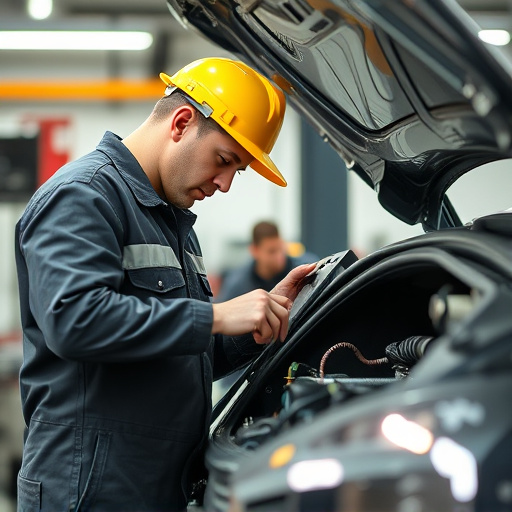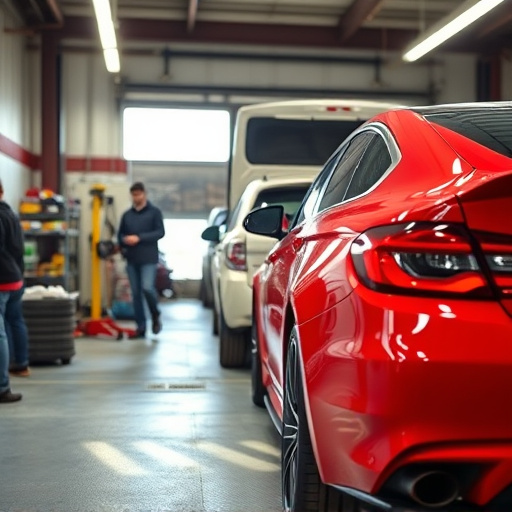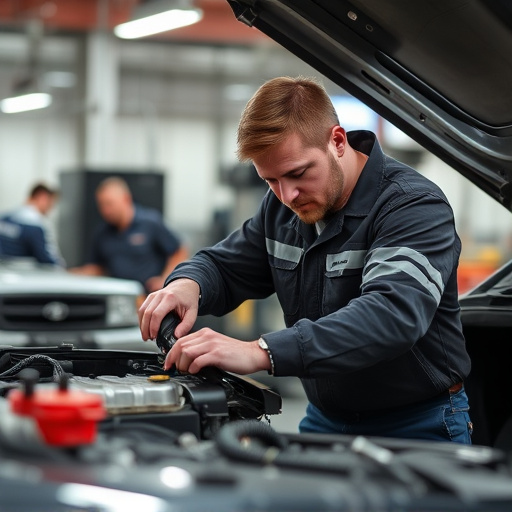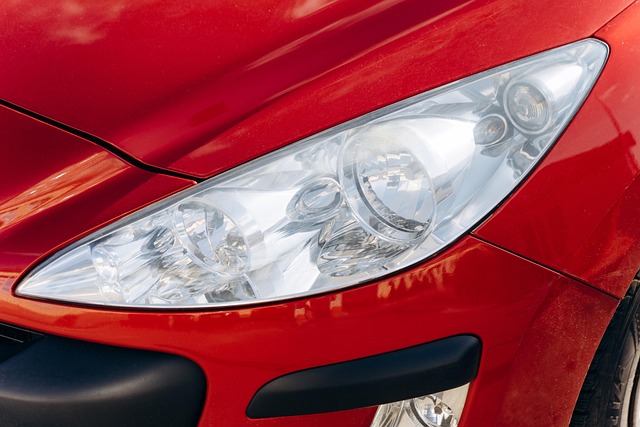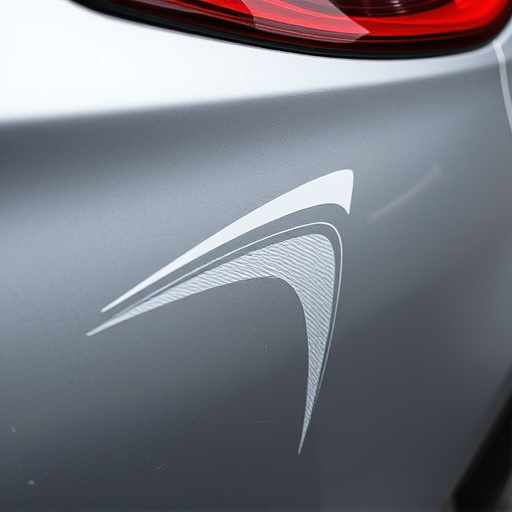Advanced welding equipment, featuring smart sensors, laser guidance, and real-time data analytics, has revolutionized manufacturing and auto repair, particularly in restoration and collision services. These technologies offer precise control over heat input, speed, and arc stability, resulting in higher quality welds with reduced porosity, minimal residual stress, and enhanced structural integrity. They also expedite turnaround times for auto glass repairs, increasing customer satisfaction. Robotic arms and computer-aided systems minimize human error, ensuring consistent accuracy and consistency across various materials and applications, making advanced welding equipment essential for success in modern manufacturing and specialized auto body shops.
Advanced welding equipment is revolutionizing the industry by ensuring stronger weld integrity. In today’s digital era, technology plays a pivotal role in enhancing weld quality. Automation and precision techniques, coupled with smart sensors and computer-aided systems, enable consistent and accurate results. This article delves into the impact of these innovations, exploring how advanced equipment facilitates deeper penetration, cleaner welds, and improved material structure. Additionally, we examine increased efficiency and reduced human error, highlighting the positive effects on industrial productivity and safety through streamlined welding processes.
- The Impact of Advanced Technology on Weld Quality
- – Exploring the role of automation and precision in modern welding techniques.
- – How smart sensors and computer-aided systems enhance accuracy and consistency.
The Impact of Advanced Technology on Weld Quality
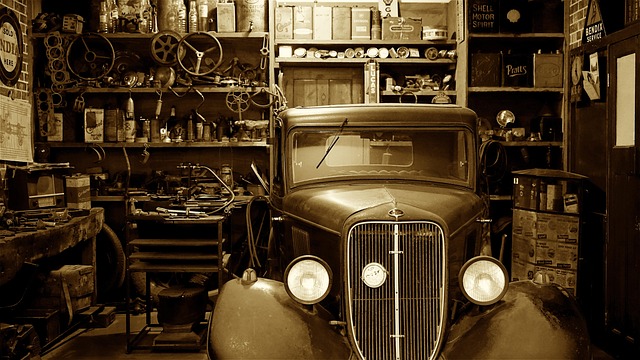
In today’s advanced manufacturing landscape, the integration of cutting-edge technology into welding processes has significantly elevated the quality and integrity of welds across various industries. Advanced welding equipment, equipped with innovative features such as automated precision control, laser guidance systems, and real-time data analytics, ensures consistent and accurate results. This transformation is particularly notable in sectors like automotive restoration and collision repair services, where meticulous craftsmanship and robust structural integrity are paramount.
By leveraging these technological advancements, welders can achieve finer control over parameters such as heat input, welding speed, and arc stability. Consequently, this precision leads to reduced porosity, minimised residual stress, and superior overall joint strength. The impact is profound—welds become stronger, more reliable, and better suited to withstand the rigours of modern vehicle design and manufacturing standards. Moreover, the efficiency gains from advanced equipment translate into faster turnaround times for auto glass repair and collision repair services, ultimately enhancing customer satisfaction in these critical after-sales sectors.
– Exploring the role of automation and precision in modern welding techniques.
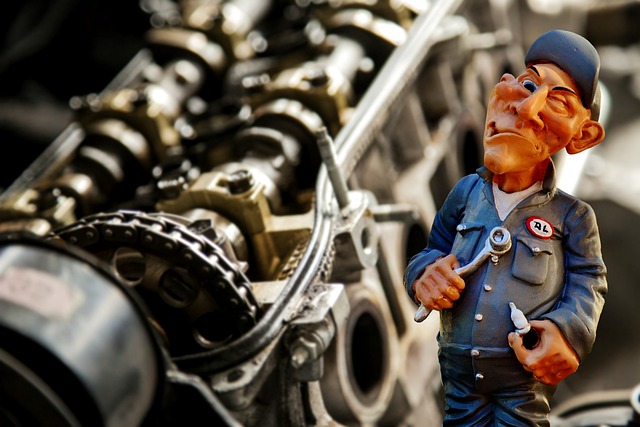
In modern manufacturing and auto repair sectors like vehicle body shops and collision repair centers, automation and precision have become cornerstone elements of successful welding techniques. Advanced welding equipment leverages sophisticated technology to achieve unparalleled accuracy and consistency in weld integrity. This includes robotic arms that execute precise movements, ensuring minimal human error and delivering seamless joints every time. The introduction of automated systems not only enhances productivity but also significantly improves the quality of welds, making them stronger and more durable.
Furthermore, these advanced welding machines are designed to accommodate a wide range of materials and applications, making them versatile tools for auto detailing and collision repair processes. By integrating intelligent feedback mechanisms and real-time adjustments, these equipments can adapt to changes in material properties and environmental conditions, ensuring optimal weld integrity regardless of the project’s complexity. This level of precision and adaptability is crucial for maintaining high standards in both industrial manufacturing and specialized auto body shops.
– How smart sensors and computer-aided systems enhance accuracy and consistency.
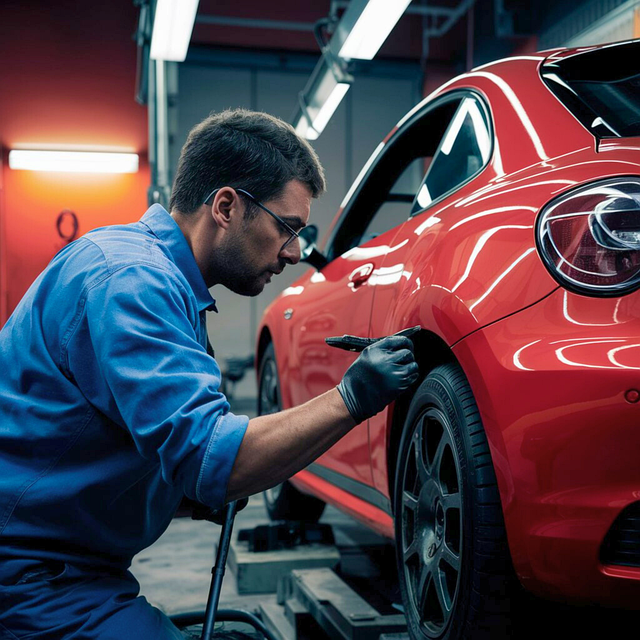
Advanced welding equipment, featuring smart sensors and computer-aided systems, has transformed the landscape of industrial fabrication. These technologies ensure precise control over various parameters during the welding process, enhancing accuracy and consistency in every weld. By continuously monitoring factors like temperature, pressure, and speed, these systems enable welders to maintain optimal conditions, leading to stronger and more reliable joint integrity.
This level of precision is particularly beneficial in industries such as car body restoration and body shop services where the quality of welds directly impacts structural integrity and safety. Computer-aided systems can be programmed to mimic expert human welders, ensuring that every join is consistent with industry standards, even under varying conditions. This not only improves the efficiency of auto painting processes but also guarantees superior results in final products.
Advanced welding equipment, with its focus on automation, precision, and smart technology, plays a pivotal role in achieving stronger weld integrity. By leveraging computer-aided systems and sophisticated sensors, modern welding techniques ensure consistent and accurate results, leading to more robust final products. This advanced approach not only improves quality but also streamlines production processes, making it a crucial investment for industries seeking superior weld performance.


